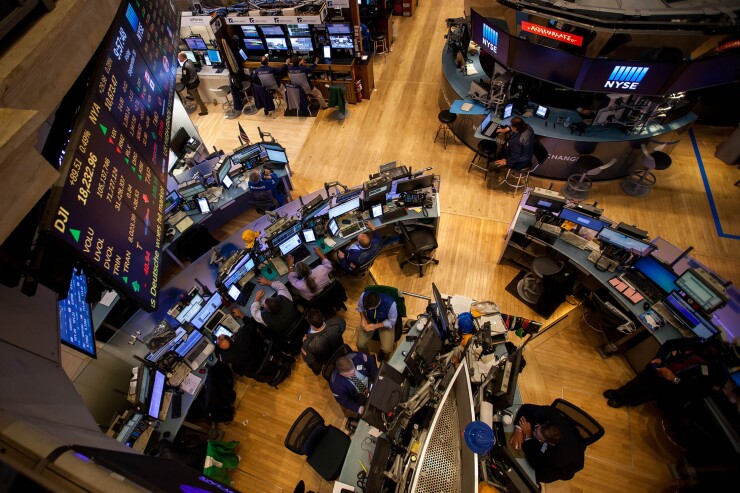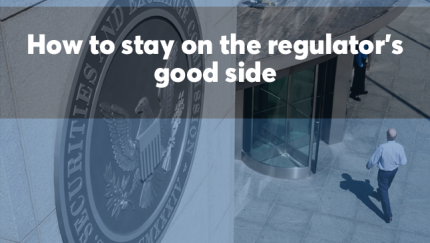Financial advisers working within a network of trusted relationships may, at some point in the course of conversation with clients, close friends or colleagues, find themselves privy to confidential trading information. A recent court case demonstrates the need for advisers to be more careful than ever to avoid insider trading criminal liability.

In December, the U.S. Supreme Court issued a unanimous decision in Salman vs. United States, the first insider trading case to come before the nation's highest court in more than two decades. This ruling upheld a prior landmark insider trading case that established the illegality of family and friends profiting from the disclosure of nonpublic material information, even in the absence of a monetary benefit to the tipper.
Section 204A of the Investment Advisers Act of 1940 requires advisers to establish policies and procedures to prevent the misuse of material, non-public information while SEC Rule 10b5-1 prohibits the selective disclosure of material nonpublic information to thwart insider trading.
The December ruling leaves in question the gray area of "information gift-giving" among acquaintances, as opposed to family and close friends. Central to the case is the controversy surrounding what constitutes criminal liability when a tipper is not compensated monetarily.
In 2014, United States v. Newman reversed convictions against hedge fund manager Todd Newman by deciding that a tipee cannot be found criminally liable unless prosecutors can prove he or she knows the trader has received something of value in exchange for trading information. Subsequently, numerous defendants escaped findings of criminal liability due to this higher threshold of evidence required.
The December ruling effectively overturns the Newman case by holding that tippers need not receive anything of pecuniary value in order for their actions to be illegal. The Court explained that when a tipper discloses information to a friend or relative, he or she is able to achieve the same result of reaping illicit gains without necessarily getting their own hands dirty.
Justice Samuel Alito expressed his opinion to the court that a tipper need not receive money or tangible property to be criminally liable. On the contrary, "Making a gift of inside information to a relative... is little different from trading on the information, obtaining the profits, and doling them out to the trading relative. The tipper benefits either way." Justices made the argument that helping a family member, for many people, is like helping oneself.
From recommending wrong share classes to cherry-picking allocations, these are the pitfalls advisers should avoid.
Financial advisers can expect an increase in insider trading enforcement actions since prosecutors no longer need to prove that a tipper shared information in order to receive a direct, indirect or potential personal gain. Regulated entities are encouraged to exercise the same if not greater care to safeguard nonpublic information and ensure trading compliance.






